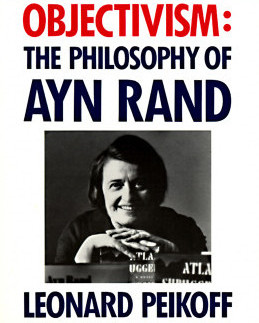The answer to the “problem of universals” lies in Ayn Rand’s discovery of the relationship between universals and mathematics. Specifically, the answer lies in the brilliant comparison she draws between concept-formation and algebra.
This is more than a mere comparison, as she shows, since the underlying method in both fields is the same.
The basic principle of concept-formation (which states that the omitted measurements must exist in some quantity, but may exist in any quantity) is the equivalent of the basic principle of algebra, which states that algebraic symbols must be given some numerical value, but may be given any value. In this sense and respect, perceptual awareness is the arithmetic, but conceptual awareness is the algebra of cognition.
The relationship of concepts to their constituent particulars is the same as the relationship of algebraic symbols to numbers. In the equation 2a = a + a, any number may be substituted for the symbol “a” without affecting the truth of the equation. For instance: 2 x 5 = 5 + 5, or: 2 x 5,000,000 = 5,000,000 + 5,000,000. In the same manner, by the same psycho-epistemological method, a concept is used as an algebraic symbol that stands for any of the arithmetical sequence of units it subsumes.
Let those who attempt to invalidate concepts by declaring that they cannot find “manness” in men, try to invalidate algebra by declaring that they cannot find “a-ness” in 5 or in 5,000,000.
For centuries, rationalist philosophers have venerated mathematics as the model of cognition. What they have admired about the discipline is its deductive method. Objectivism, too, regards mathematics as an epistemological model, but for a different reason.
The mathematician is the exemplar of conceptual integration. He does professionally and in numerical terms what the rest of us do implicitly and have done since childhood, to the extent that we exercise our distinctive human capacity.
Mathematics is the substance of thought writ large, as the West has been told from Pythagoras to Bertrand Russell; it does provide a unique window into human nature. What the window reveals, however, is not the barren constructs of rationalistic tradition, but man’s method of extrapolating from observed data to the total of the universe.
What the window of mathematics reveals is not the mechanics of deduction, but of induction. Such is Ayn Rand’s unprecedented and pregnant identification in the field of epistemology.
